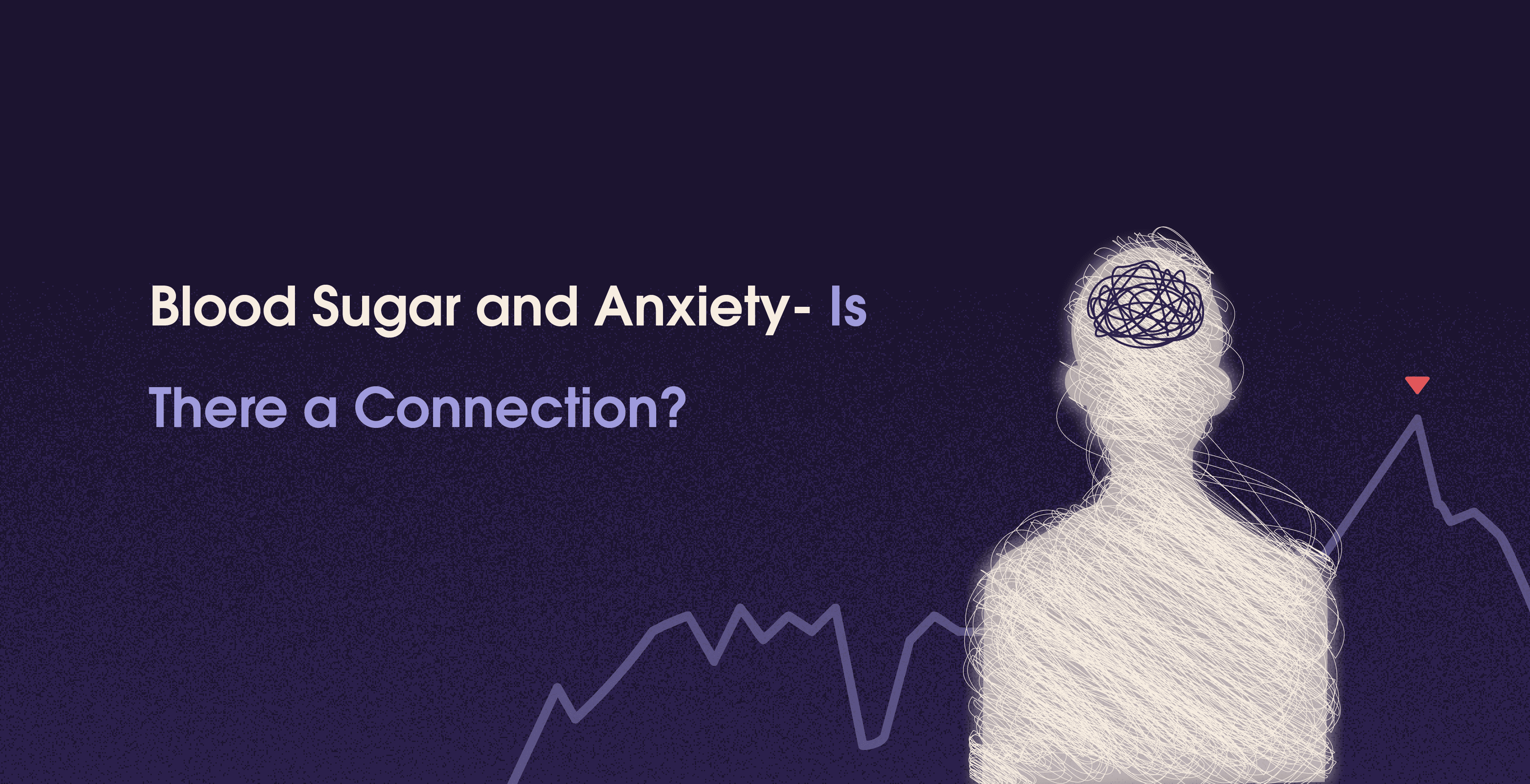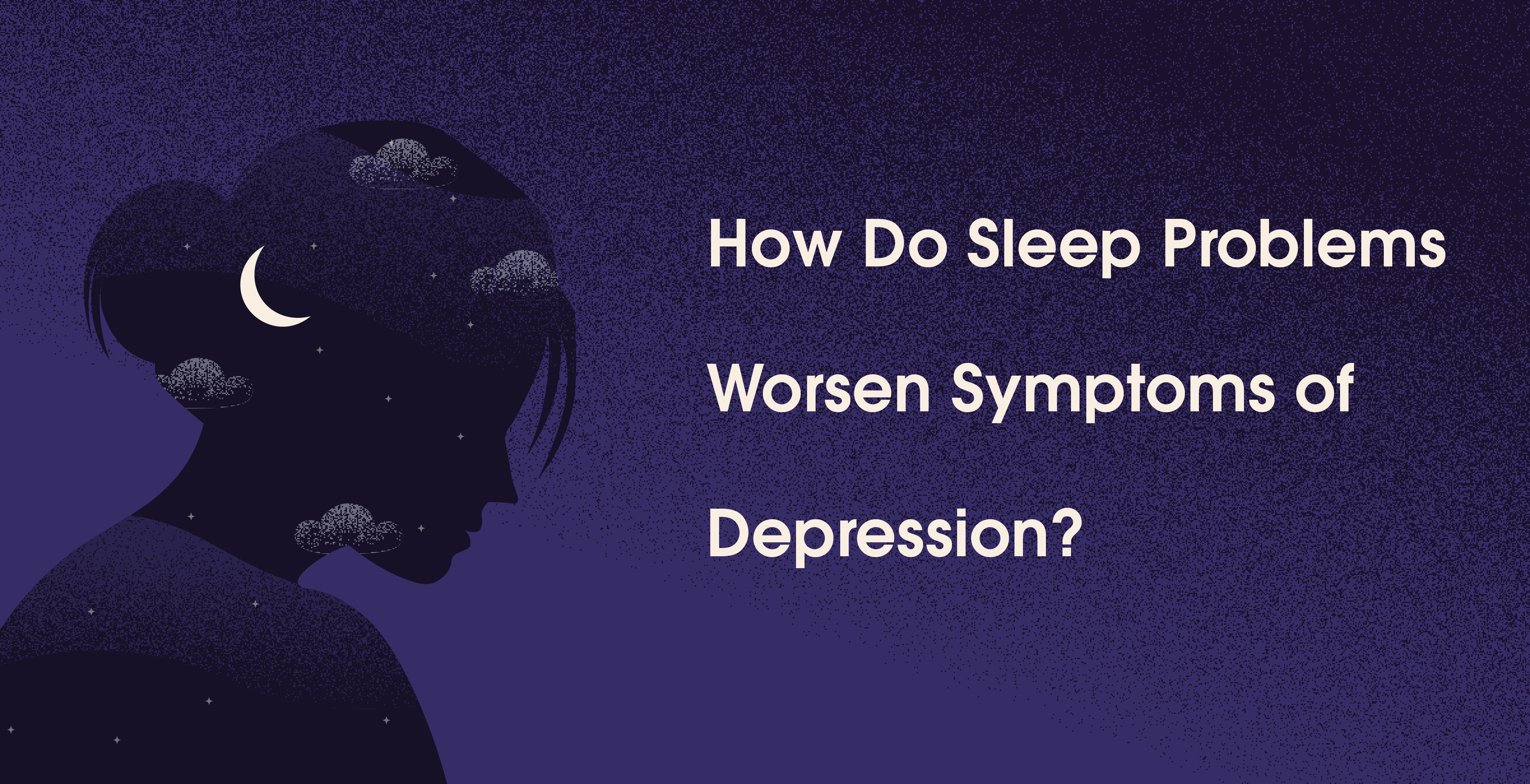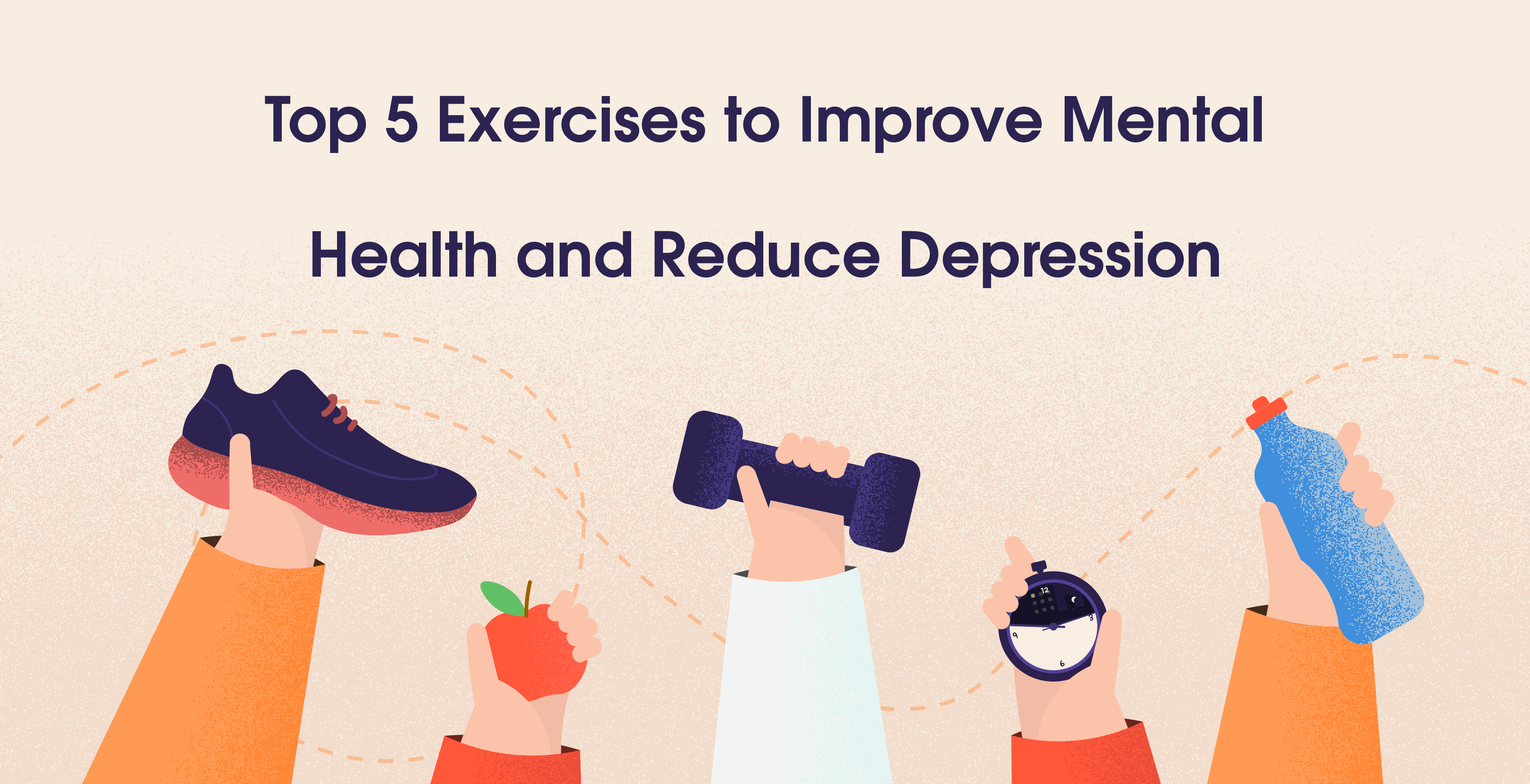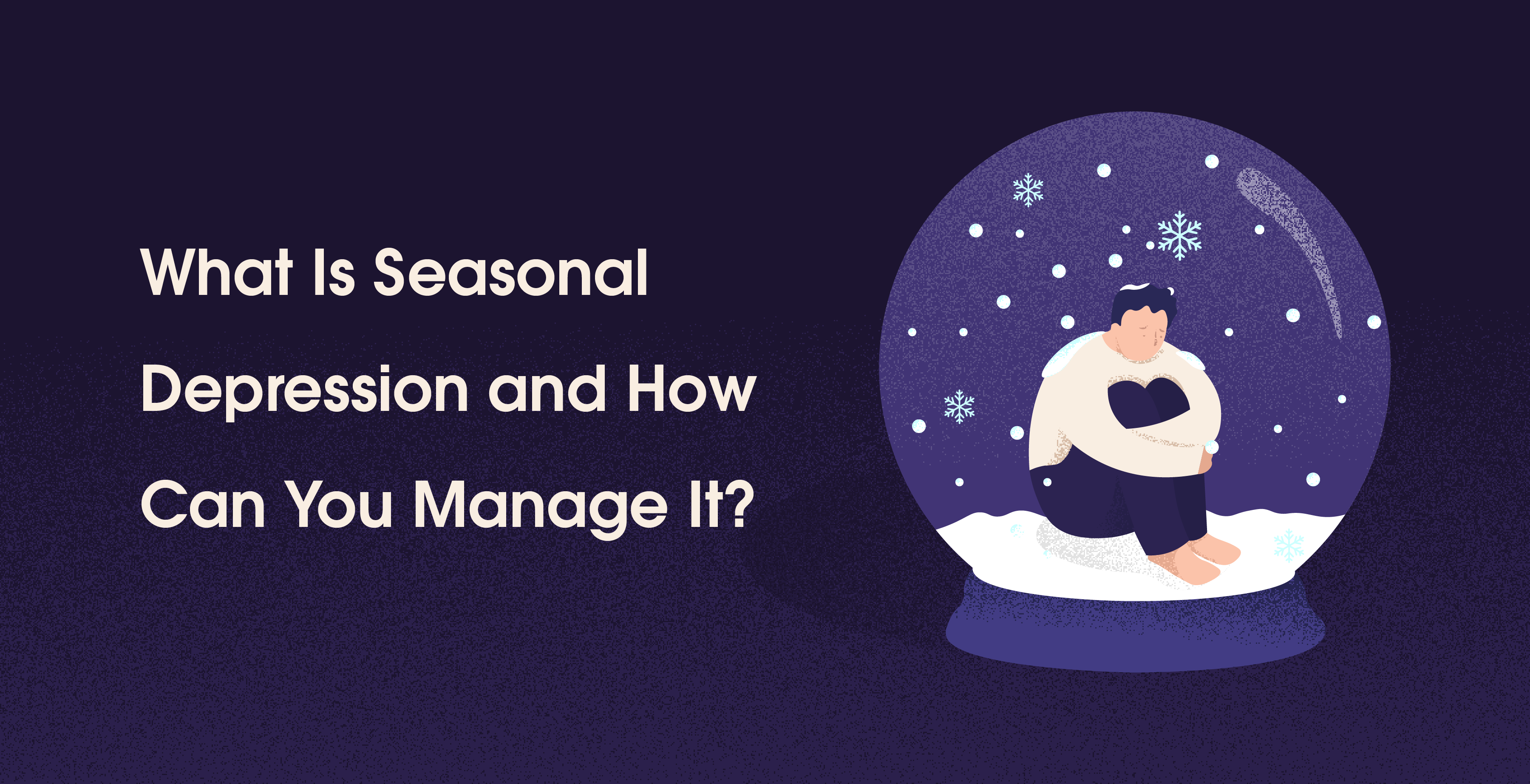Blood Sugar and Anxiety—Is There a Connection?
Oct 28, 2024
Sayfali Rawlani



Table Of Contents
Have you ever felt like your anxiety is spinning out of control, and you can’t quite figure out why? You might blame work, relationships, or just a bad day. But have you ever considered what’s going on inside your body? Specifically, your blood sugar? Yeah, I know—at first glance, those two things seem unrelated. Anxiety is mental, right? And blood sugar? That’s a physical thing. But here's the kicker: they're more connected than you might think.
Highlights
Blood sugar spikes and crashes can trigger anxiety symptoms, creating a cycle where physical and mental health are intertwined.
Consuming high amounts of sugar causes an energy burst followed by a crash, which can result in irritability, shakiness, and heightened anxiety.
When blood sugar drops too low, it can cause symptoms like dizziness, sweating, and a racing heart—similar to anxiety attacks.
Stress and anxiety trigger the release of glucose into the bloodstream, which over time, can elevate blood sugar levels and lead to insulin resistance.
Too much caffeine, especially without food, can spike cortisol levels, increasing anxiety and disrupting blood sugar stability.
To break the blood sugar-anxiety cycle, people should eat balanced meals with complex carbs, proteins, and healthy fats, limit sugar intake, moderate caffeine consumption, and manage stress through mindfulness and relaxation techniques.
Mental and physical health are closely linked, and stabilizing blood sugar can have a positive impact on reducing anxiety.
The Sugar Rush
Think about it. When you grab that chocolate bar or chug down a sugary soda, there’s this instant high, right? You feel good, almost like you’ve got a burst of energy that can fuel you for hours. But what goes up, must come down. Soon after, there’s that dreaded crash, leaving you feeling irritable, shaky, and, well, anxious.
This is where the connection begins. Your brain thrives on a steady supply of glucose (a fancy word for sugar). But when your blood sugar spikes and drops quickly, it throws your brain and body into a bit of a panic. It’s like your body suddenly realizes, “Oh no, we’re running out of fuel!” Cue the stress hormones, and guess what? Anxiety kicks in. It’s no wonder some people feel like they’re on a rollercoaster—both emotionally and physically—after consuming too much sugar.
The Hangry Trap
We’ve all been there: you're starving, and your patience? Gone. You snap at people, you feel tense, and honestly, life feels a little harder than usual. That “hangry” feeling isn’t just hunger, it's your blood sugar dropping too low. When your blood sugar dips, your body releases adrenaline to keep you going. Adrenaline is the same hormone released when you're in a stressful situation—like, say, when you're stuck in traffic or dealing with a difficult boss. It ramps you up and, if you're prone to anxiety, can feel a lot like the start of a panic attack.
Low blood sugar can mimic the physical symptoms of anxiety—sweating, dizziness, and a racing heart. So, if you're already someone who struggles with anxiety, it might amplify those feelings. Not ideal, right?
The Vicious Cycle
Now, here’s where things get even trickier. Anxiety itself can mess with your blood sugar. When you’re stressed or anxious, your body goes into “fight or flight” mode. It’s an ancient response designed to help you deal with immediate danger, like, say, outrunning a tiger. (Okay, maybe not in today’s world, but you get the idea.) In response, your liver releases glucose into the bloodstream, giving you that quick energy boost to either fight or flee.
But, if your body is constantly in that state because of chronic anxiety, your blood sugar stays elevated. And elevated blood sugar over time can lead to insulin resistance, which, you guessed it, increases your risk for type 2 diabetes. See how this vicious cycle forms? Anxiety raises blood sugar, blood sugar affects anxiety—it’s like they’re feeding off each other in the worst possible way.
Coffee, Stress, and the Blood Sugar Dance
Let’s talk about coffee—our beloved, get-through-the-day beverage. Caffeine spikes cortisol, the stress hormone. For those of us who love a good cup of joe to wake up or push through the afternoon slump, there's a catch. Too much caffeine, especially on an empty stomach, can throw your blood sugar into a tizzy. It’s like adding fuel to an already blazing anxiety fire.
If you’re sensitive to anxiety, that jittery, heart-pounding feeling after too much caffeine isn’t just annoying—it can set off an avalanche of anxious thoughts. Mix that with a poorly timed meal (or no meal at all), and you’ve got a recipe for disaster. Your blood sugar dips, anxiety spikes, and suddenly, your day feels way harder than it needs to be.
Managing the Connection
Alright, enough with the doom and gloom. The best part is that you can break this cycle. You don't have to be a victim of the blood sugar-anxiety whirlwind. It all starts with how you fuel your body.
Balanced meals
Ever heard the phrase "eat your greens"? Well, there’s more to it than that. Combine complex carbs (like whole grains or sweet potatoes) with healthy fats and proteins. These keep your blood sugar steady instead of that all-too-familiar spike-and-crash drama.
Frequent snacking
No, we are not telling you to live on snacks, but eating smaller, more frequent meals or snacks throughout the day can help maintain steady glucose levels. Nuts, fruits, and veggies? Solid choices.
Limit the sugar
Look, we are not saying give up all sugar. But maybe skip that extra donut in the morning or the candy bar at 3 p.m. When you do eat sugar, pair it with some protein to slow the absorption. Think apple with peanut butter. Balance is key.
Watch the caffeine
If coffee is your lifeblood, consider cutting back or swapping it for green tea. Less caffeine equals less jitteriness, which can keep anxiety at bay.
Manage stress
Yeah, easier said than done. But seriously, mindfulness, meditation, yoga, or even just taking a few deep breaths can help reduce stress and stabilize both your mind and body. When you’re calm, your blood sugar is more likely to stay in check too.
A Balancing Act
The blood sugar and anxiety connection is real. It’s like a subtle dance happening inside your body every day. And while it’s easy to think that your mental health is separate from your physical health, they’re way more intertwined than we often realize. So, the next time you're feeling on edge or like your anxiety is spiking out of nowhere, it might just be your blood sugar trying to tell you something.
Finding that balance, both in your diet and in your stress levels, can make a world of difference. Your body is always talking—sometimes you just have to learn to listen.
References
Have you ever felt like your anxiety is spinning out of control, and you can’t quite figure out why? You might blame work, relationships, or just a bad day. But have you ever considered what’s going on inside your body? Specifically, your blood sugar? Yeah, I know—at first glance, those two things seem unrelated. Anxiety is mental, right? And blood sugar? That’s a physical thing. But here's the kicker: they're more connected than you might think.
Highlights
Blood sugar spikes and crashes can trigger anxiety symptoms, creating a cycle where physical and mental health are intertwined.
Consuming high amounts of sugar causes an energy burst followed by a crash, which can result in irritability, shakiness, and heightened anxiety.
When blood sugar drops too low, it can cause symptoms like dizziness, sweating, and a racing heart—similar to anxiety attacks.
Stress and anxiety trigger the release of glucose into the bloodstream, which over time, can elevate blood sugar levels and lead to insulin resistance.
Too much caffeine, especially without food, can spike cortisol levels, increasing anxiety and disrupting blood sugar stability.
To break the blood sugar-anxiety cycle, people should eat balanced meals with complex carbs, proteins, and healthy fats, limit sugar intake, moderate caffeine consumption, and manage stress through mindfulness and relaxation techniques.
Mental and physical health are closely linked, and stabilizing blood sugar can have a positive impact on reducing anxiety.
The Sugar Rush
Think about it. When you grab that chocolate bar or chug down a sugary soda, there’s this instant high, right? You feel good, almost like you’ve got a burst of energy that can fuel you for hours. But what goes up, must come down. Soon after, there’s that dreaded crash, leaving you feeling irritable, shaky, and, well, anxious.
This is where the connection begins. Your brain thrives on a steady supply of glucose (a fancy word for sugar). But when your blood sugar spikes and drops quickly, it throws your brain and body into a bit of a panic. It’s like your body suddenly realizes, “Oh no, we’re running out of fuel!” Cue the stress hormones, and guess what? Anxiety kicks in. It’s no wonder some people feel like they’re on a rollercoaster—both emotionally and physically—after consuming too much sugar.
The Hangry Trap
We’ve all been there: you're starving, and your patience? Gone. You snap at people, you feel tense, and honestly, life feels a little harder than usual. That “hangry” feeling isn’t just hunger, it's your blood sugar dropping too low. When your blood sugar dips, your body releases adrenaline to keep you going. Adrenaline is the same hormone released when you're in a stressful situation—like, say, when you're stuck in traffic or dealing with a difficult boss. It ramps you up and, if you're prone to anxiety, can feel a lot like the start of a panic attack.
Low blood sugar can mimic the physical symptoms of anxiety—sweating, dizziness, and a racing heart. So, if you're already someone who struggles with anxiety, it might amplify those feelings. Not ideal, right?
The Vicious Cycle
Now, here’s where things get even trickier. Anxiety itself can mess with your blood sugar. When you’re stressed or anxious, your body goes into “fight or flight” mode. It’s an ancient response designed to help you deal with immediate danger, like, say, outrunning a tiger. (Okay, maybe not in today’s world, but you get the idea.) In response, your liver releases glucose into the bloodstream, giving you that quick energy boost to either fight or flee.
But, if your body is constantly in that state because of chronic anxiety, your blood sugar stays elevated. And elevated blood sugar over time can lead to insulin resistance, which, you guessed it, increases your risk for type 2 diabetes. See how this vicious cycle forms? Anxiety raises blood sugar, blood sugar affects anxiety—it’s like they’re feeding off each other in the worst possible way.
Coffee, Stress, and the Blood Sugar Dance
Let’s talk about coffee—our beloved, get-through-the-day beverage. Caffeine spikes cortisol, the stress hormone. For those of us who love a good cup of joe to wake up or push through the afternoon slump, there's a catch. Too much caffeine, especially on an empty stomach, can throw your blood sugar into a tizzy. It’s like adding fuel to an already blazing anxiety fire.
If you’re sensitive to anxiety, that jittery, heart-pounding feeling after too much caffeine isn’t just annoying—it can set off an avalanche of anxious thoughts. Mix that with a poorly timed meal (or no meal at all), and you’ve got a recipe for disaster. Your blood sugar dips, anxiety spikes, and suddenly, your day feels way harder than it needs to be.
Managing the Connection
Alright, enough with the doom and gloom. The best part is that you can break this cycle. You don't have to be a victim of the blood sugar-anxiety whirlwind. It all starts with how you fuel your body.
Balanced meals
Ever heard the phrase "eat your greens"? Well, there’s more to it than that. Combine complex carbs (like whole grains or sweet potatoes) with healthy fats and proteins. These keep your blood sugar steady instead of that all-too-familiar spike-and-crash drama.
Frequent snacking
No, we are not telling you to live on snacks, but eating smaller, more frequent meals or snacks throughout the day can help maintain steady glucose levels. Nuts, fruits, and veggies? Solid choices.
Limit the sugar
Look, we are not saying give up all sugar. But maybe skip that extra donut in the morning or the candy bar at 3 p.m. When you do eat sugar, pair it with some protein to slow the absorption. Think apple with peanut butter. Balance is key.
Watch the caffeine
If coffee is your lifeblood, consider cutting back or swapping it for green tea. Less caffeine equals less jitteriness, which can keep anxiety at bay.
Manage stress
Yeah, easier said than done. But seriously, mindfulness, meditation, yoga, or even just taking a few deep breaths can help reduce stress and stabilize both your mind and body. When you’re calm, your blood sugar is more likely to stay in check too.
A Balancing Act
The blood sugar and anxiety connection is real. It’s like a subtle dance happening inside your body every day. And while it’s easy to think that your mental health is separate from your physical health, they’re way more intertwined than we often realize. So, the next time you're feeling on edge or like your anxiety is spiking out of nowhere, it might just be your blood sugar trying to tell you something.
Finding that balance, both in your diet and in your stress levels, can make a world of difference. Your body is always talking—sometimes you just have to learn to listen.
References
Table Of Contents
Table Of Contents
Table Of Contents
Read More


Mar 28, 2025
Sayfali Rawlani


Feb 6, 2025
Sayfali Rawlani


Jan 28, 2025
Sayfali Rawlani



Company
Copyright © 2025 trst health. All right reserved.

